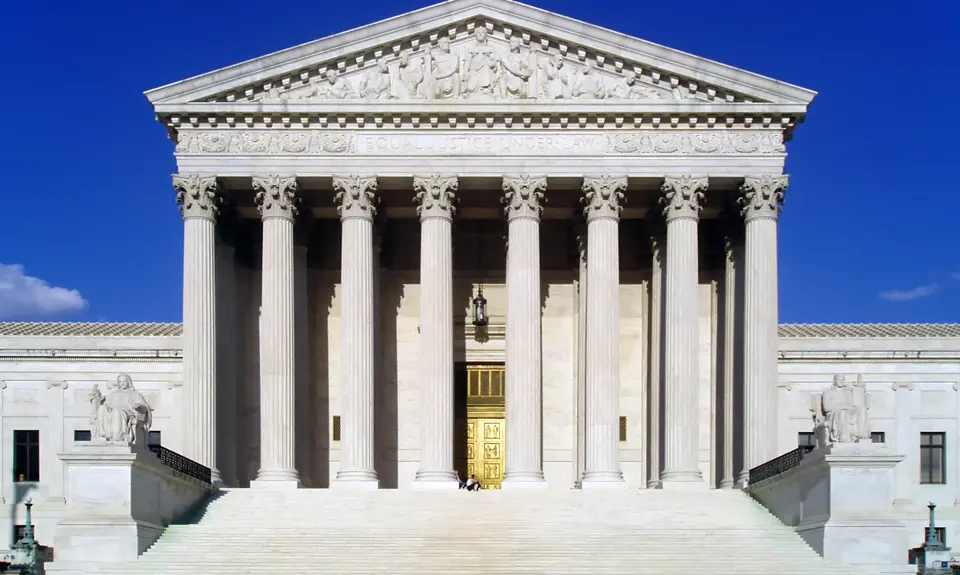“Confirmed Judges, Confirmed Fears” is a blog series documenting the harmful impact of President Trump’s judges on Americans’ rights and liberties. Cases in the series can be found by issue and by judge at this link.
Trump Justice Neil Gorsuch, along with Justices Thomas and Alito, tried to expand a stay granted by the Supreme Court and would have effectively thrown out absentee ballots already cast by South Carolina voters that, pursuant to a preliminary injunction, did not include witness signatures. The Court’s October 2020 order was in Andino v. Middleton.
Because of the increase in absentee ballots and other problems related to the COVID-19 pandemic, a district court in South Carolina issued an order before the June primary, which was not appealed, that allowed voters to cast absentee ballots without getting a witness’ signature, as is the procedure in many other states. South Carolina insisted on enforcing the witness requirement for the November election, however. But after making extensive factual and legal findings in pending litigation, the district court issued an order on September 18 stating that South Carolina voters can continue to cast absentee ballots without getting witness signatures for the November election.
The Fourth Circuit Court of Appeals denied the state’s request to stay the order, although Trump judges Quattlebaum and Richardson were among those who dissented. The state then sought a stay in the Supreme Court.
On October 5, the Supreme Court issued an unsigned order that granted the stay, without explanation by the majority, which will last until appeals of the preliminary injunction order are concluded, likely after the election. The majority did make an exception, however, stating that absentee ballots already cast without a witness signature pursuant to the September 18 order and that are received within two days of the Court’s stay “may not be rejected for failing to comply with the witness requirement.”
Without explanation, Justices Gorsuch, Thomas and Alito stated that they would have granted the state’s request “in full.” That means they would have allowed absentee ballots already cast under the September 18 order to be thrown out.
As Judge Robert King explained concerning the Fourth Circuit’s decision to refuse a stay, the September 18 injunction had effectively preserved a “new status quo” in South Carolina, since many had voted absentee for the first time in the June primary and without a witness requirement. Granting a stay would thus “blinside[]” many voters in the November election and threatens to “irreparably harm voters.” Although the Court’s order may well have that result, it would have been even worse if Gorsuch’s effort to throw out votes already cast in the preceding several weeks had been accepted.
